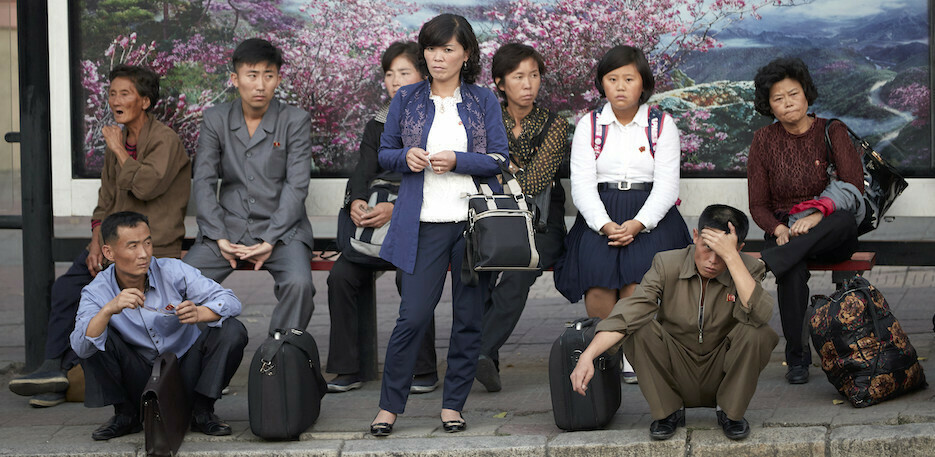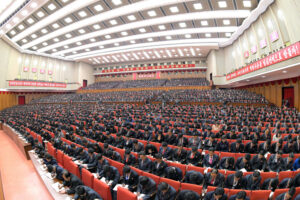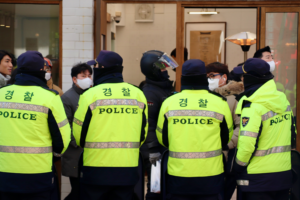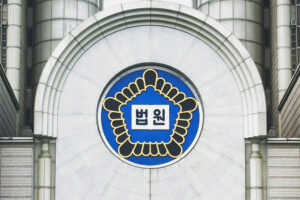Support for Korean unification has gradually declined among the South Korean public, and research suggests this is primarily driven by awareness of the enormous costs associated with a presumably South Korean-led absorption of North Korea.
While a majority still support Korean unification – the Korean General Social Survey found support rates over 70% in surveys conducted between 2003 and 2018 – other public opinion research found that support declined by approximately 15% from 2007 to 2017.
Support for Korean unification has gradually declined among the South Korean public, and research suggests this is primarily driven by awareness of the enormous costs associated with a presumably South Korean-led absorption of North Korea.
While a majority still support Korean unification – the Korean General Social Survey found support rates over 70% in surveys conducted between 2003 and 2018 – other public opinion research found that support declined by approximately 15% from 2007 to 2017.
Become a member for less than $4 per week.
Unlimited access to all of NK News: reporting, investigations, analysis
The NK News Daily Update, an email newsletter to keep you in the loop
Searchable archive of all content, photo galleries, special columns
Contact NK News reporters with tips or requests for reporting
Get unlimited access to all NK News content, including original reporting, investigations, and analyses by our team of DPRK experts.
Subscribe now
All major cards accepted. No commitments – you can cancel any time.










